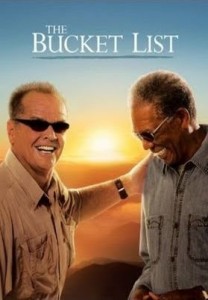 I’m not sure I need to say much more. The teenage son tells his dad that he’ll be singing a solo at the Christmas concert. The woman tells her friend at church that she’ll be alone in the waiting room while her husband is in surgery. “I’ve just been fired. I’m heading home and don’t know what I’ll do,” the man tells his buddy from the small group Bible study.
I’m not sure I need to say much more. The teenage son tells his dad that he’ll be singing a solo at the Christmas concert. The woman tells her friend at church that she’ll be alone in the waiting room while her husband is in surgery. “I’ve just been fired. I’m heading home and don’t know what I’ll do,” the man tells his buddy from the small group Bible study.
Is there any question but that “I’ll be there” beats “I’ll see what I can do”?
Whether they are the explicit promises we make at baptisms, weddings, ordinations, commissionings and new member receptions, or the implicit promises that bind us together as friends and fellow travelers on the journey of faith, promises are the substance of the ties that bind us together. Continue reading




